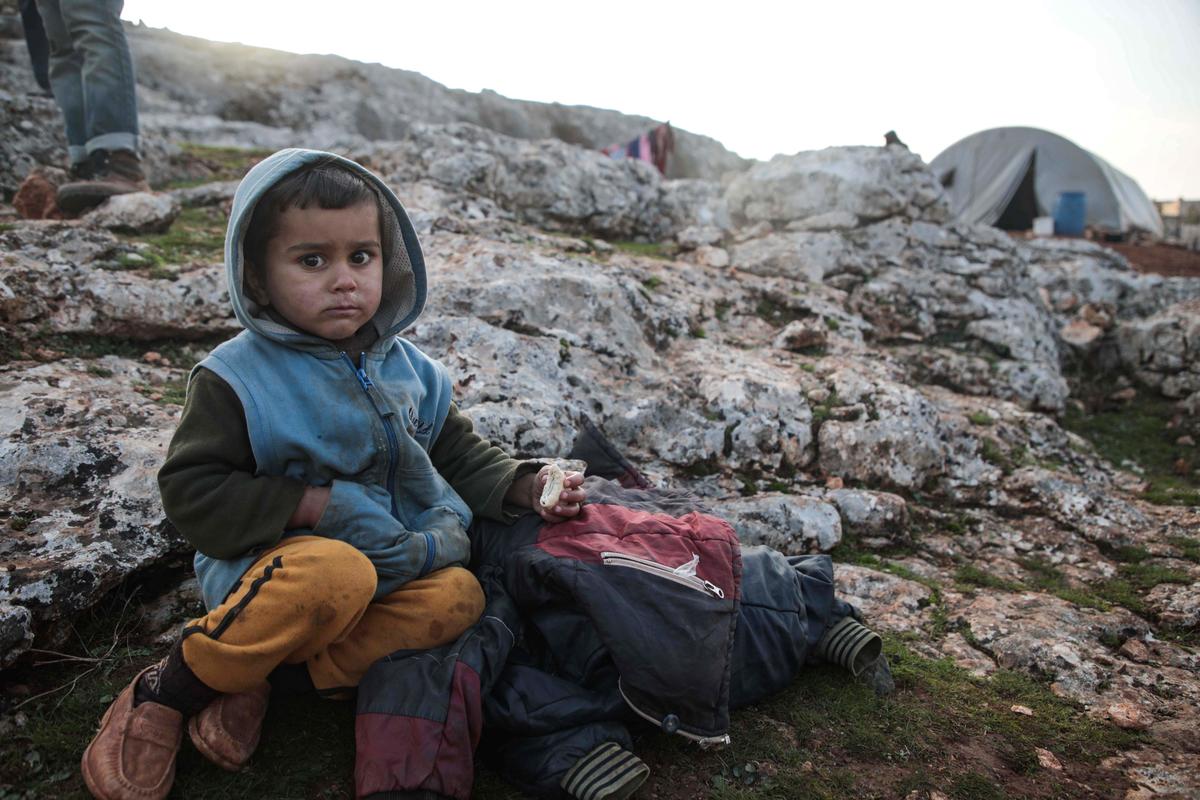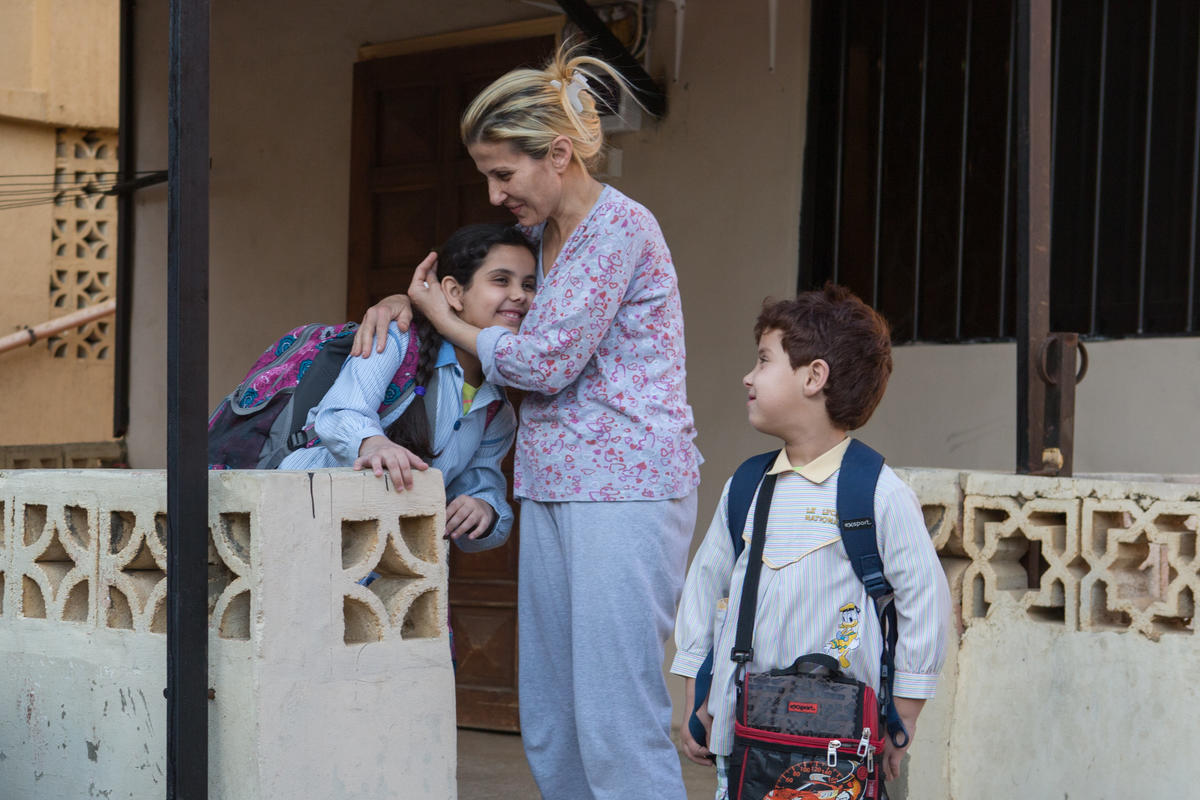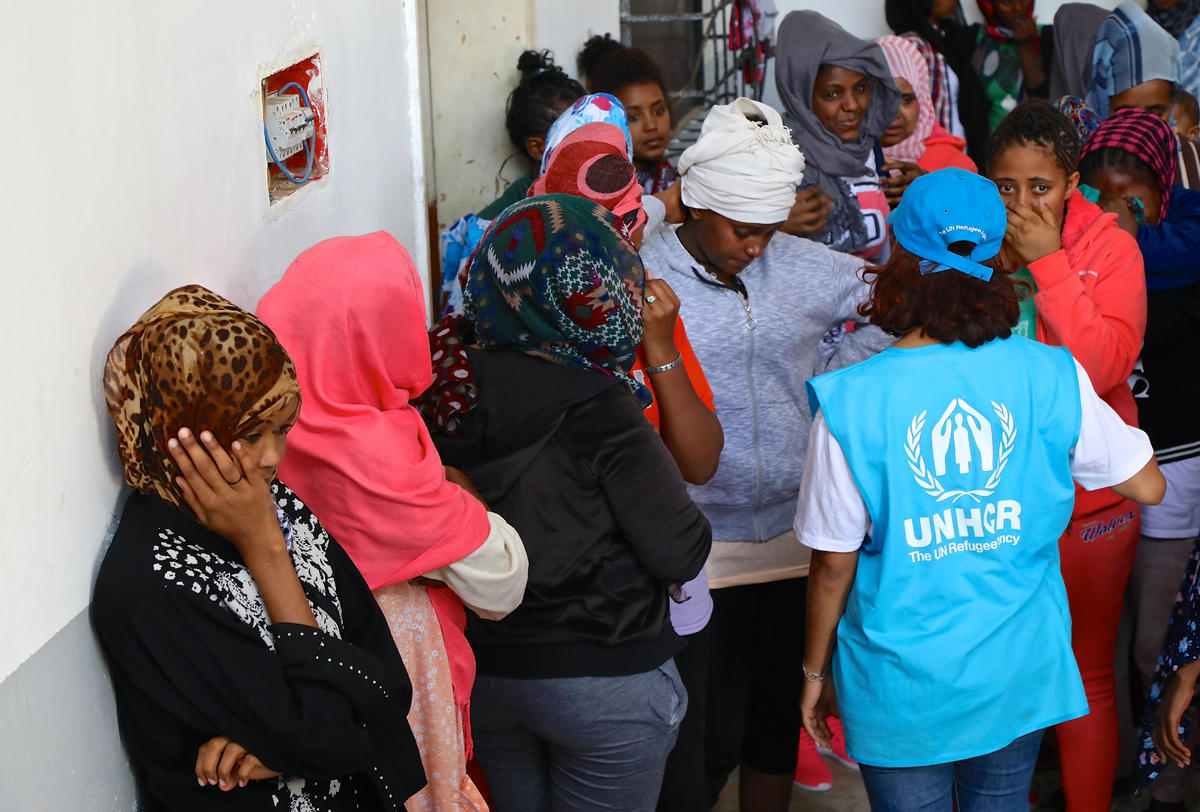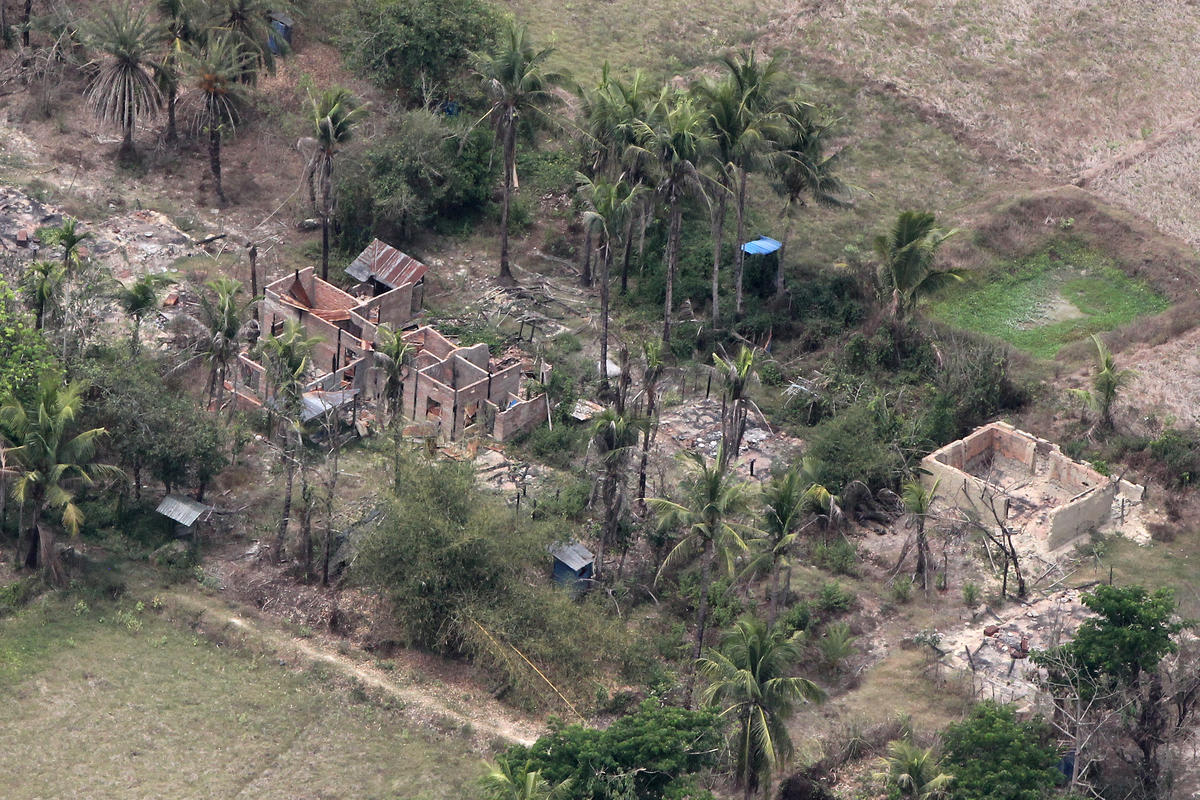UNHCR protection chief applauds Japan and South Korea, asks them to be better Asian role models
UNHCR protection chief applauds Japan and South Korea, asks them to be better Asian role models

TOKYO, Japan, May 18 (UNHCR) - UNHCR's Assistant High Commissioner for Protection Erika Feller has applauded Japan's expanding hospitality towards refugees and called on South Korea to become a leading asylum country during a visit to the two Asian countries last week.
Speaking to a packed Tokyo symposium on asylum in Japan last Friday, Feller acknowledged Japan's asylum space is getting bigger and said the fact that Japan will become a resettlement country is very positive.
She added, however, that it can still be difficult for asylum seekers to enjoy basic rights and live decently in Japanese communities while waiting to be recognized as refugees. Feller stressed that detention practices needed to be reviewed.
The Assistant High Commissioner said Japan has a refugee protection system in place, but suggested the country consider improving reception and assistance for asylum seekers, as well as better integration of refugees.
"The system works for the present. Now there has to be real investment in asylum for the future in Japan," she said, adding that there were new challenges to adjust to, including the demands of global burden-sharing."
Observers said the high turnout for the symposium, where Feller was the keynote speaker, was testimony to the growing interest of the Japanese public in refugee protection. Former UNHCR High Commissioner Sadako Ogata also spoke at the event about refugees, asylum seekers and foreign workers in Japan.
Japan is not only a major donor to UNHCR, but also accepted 11,000 Indochinese refugees after the late 1970s. It has announced plans to become Asia's first resettlement country when it begins accepting Myanmar refugees from camps in Thailand under a pilot scheme next year.
Earlier last week, on her first official visit to South Korea for UNHCR, Feller called for more support from both government authorities and the Korean public to become a leading asylum country in the region.
"South Korea is a very important country in this region. It can offer very good examples to the rest of the region in terms of integrating protection cases. A lot of experience has been accumulated by helping North Koreans who came into South Korea," she said. "We hope that some of this experience will also be used to develop integration programs for third country nationals. We are looking to South Korea to play a leadership role in this region."
She welcomed recent improvements such as new asylum legislation coming into effect in June that will grant the right to work to asylum seekers and humanitarian status holders. However, she still called for a "separate refugee law which would put in place a more comprehensive and reliable system for refugee protection in this country."









